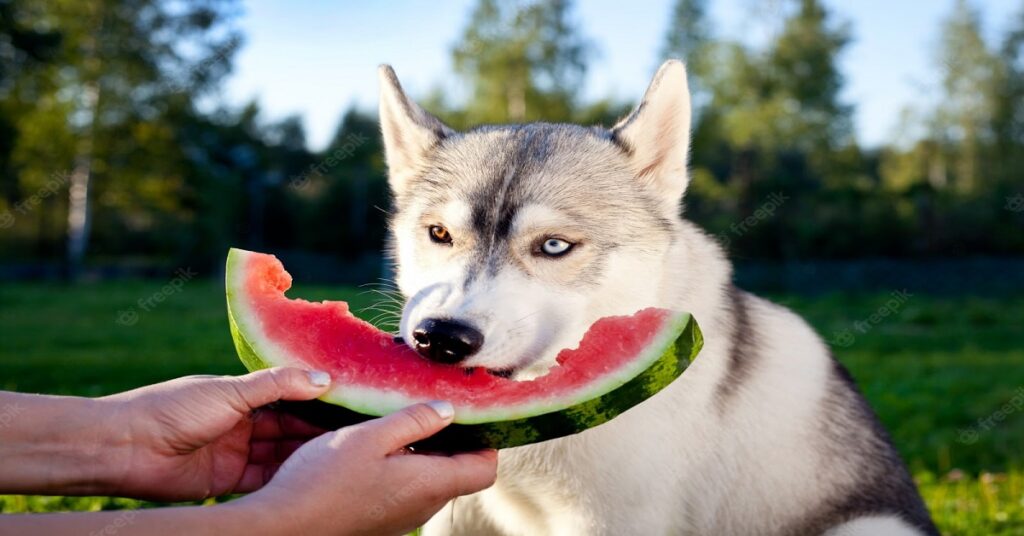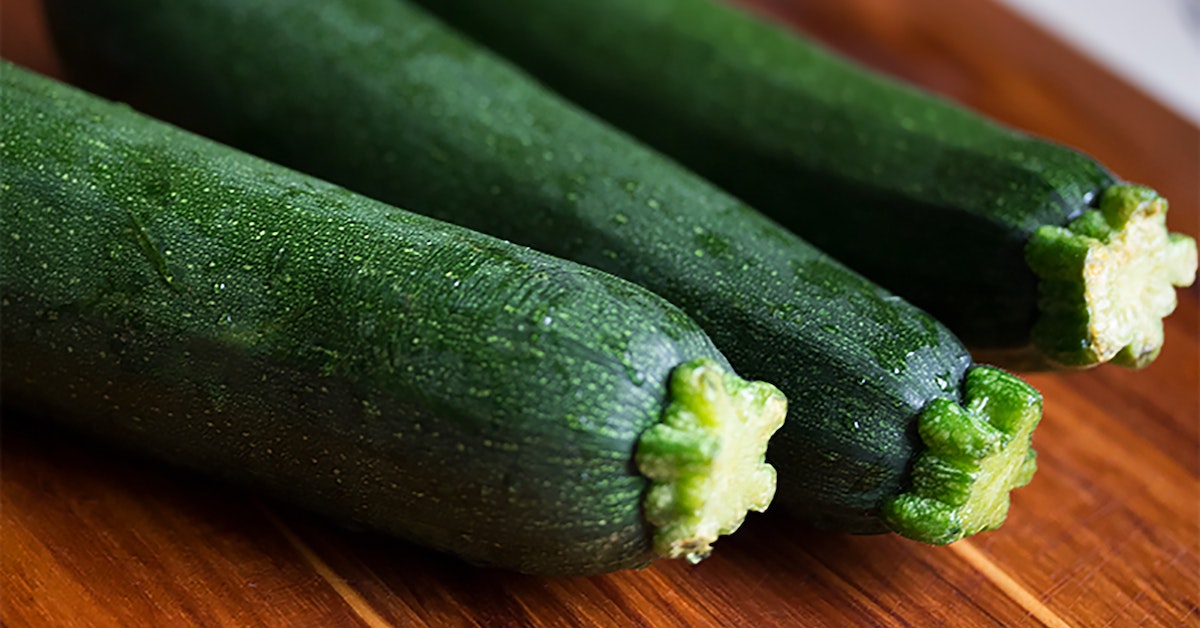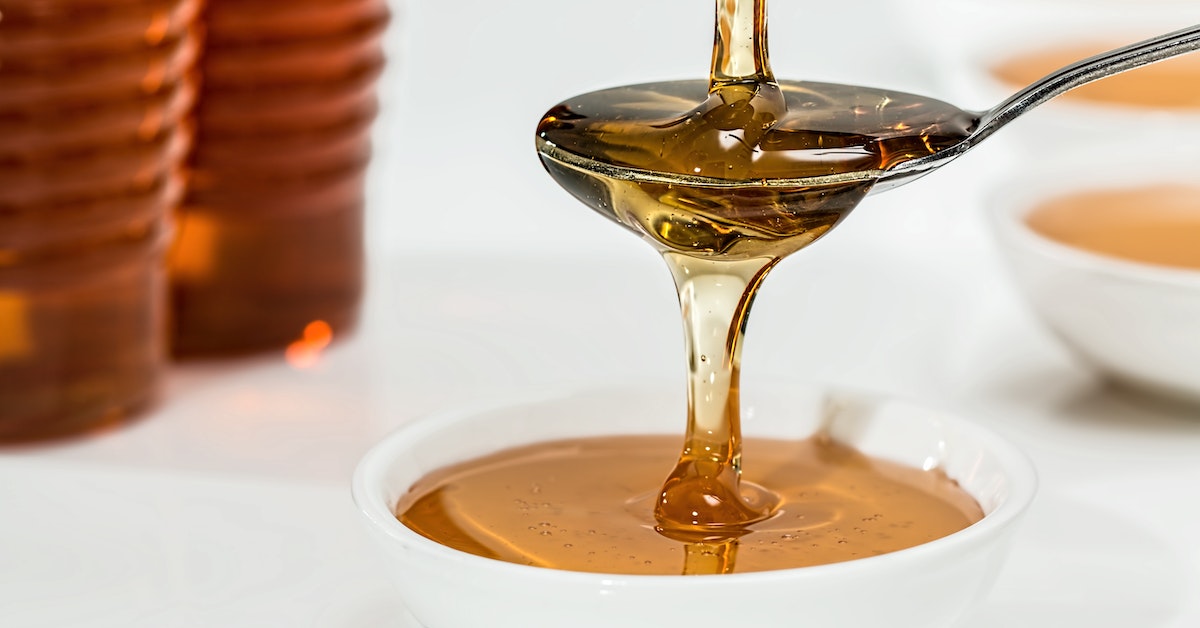Watermelon is a delicious and refreshing summer fruit. It’s also a healthy choice for both humans and dogs, as long as it’s not the seed variety. Watermelon contains vitamins A, B6, C, and lycopene, an antioxidant that gives the red fruit its color. In addition to being low in calories and high in water content, watermelon has no fat or sodium. Watermelon does contain an enzyme called arginine that breaks down proteins into ammonia (which can smell like urine when broken down). So if your dog has a sensitive nose, he might be able to smell this from the watermelon flesh. This isn’t dangerous for him at all but just something to keep in mind. However, most dogs don’t have this issue so let’s take a look at whether or not your dog can eat watermelon safely:
Can Dogs Eat Watermelon?
Yes, Dogs can eat watermelon but in moderation & it’s a great source of vitamins and antioxidants. However, there are a few things to keep in mind when feeding watermelon to dogs. First, dogs can’t break down the arginine enzyme in watermelon. This can cause the smell of ammonia to come from their urine. This is only a problem if your dog has a really sensitive nose and can smell the urine. Second, watermelon is 92% water, which means it has very little nutritional value so don’t overfeed it. Third, watermelon is a sweet food that can cause dogs to have allergies or diabetes if eaten on a regular basis. Watermelons are members of the Cucurbitaceae family and are considered a warm-season annual. They grow best in warm, humid climates and are often grown as a vine in the southern United States. The warm weather and ample rainfall in these areas provide the perfect conditions for watermelons to grow.
Is Watermelon Good for Dogs?
Watermelon is good for dogs, especially since it’s low in calories, high in water content, and contains lots of vitamins. In addition to vitamins A, B6, and C, watermelon also contains lycopene, an antioxidant that gives the red fruit its color. The high water content in watermelon is beneficial for dogs in hot climates because it helps them stay hydrated. The low calories in watermelon make it a good choice for overweight or elderly dogs. Watermelon also contains an enzyme called arginine that breaks down proteins into ammonia (which can smell like urine when broken down). So if your dog has a sensitive nose, he might be able to smell this from the watermelon flesh. This isn’t dangerous for him at all but just something to keep in mind.
What Are the Benefits of Watermelon for Dogs?
Watermelons are a nutritious and low-calorie snack for both humans and dogs. The high water content of watermelons makes them an excellent choice for dogs who need to stay hydrated in hot weather. Watermelons are also a great source of vitamins A, B6, and C. Vitamin A is important for vision, bone growth, and cell production, while Vitamin B6 helps with nerve and immune system function. Vitamin C is important for immune system function, healing, and collagen production. Watermelons contain an enzyme called arginine that breaks down proteins into ammonia (which can smell like urine when broken down). This is only a problem if your dog has a really sensitive nose and can smell the urine.
Can Dogs Eat Watermelon Seeds?
Dogs can eat watermelon seeds, but it’s best to remove the seeds from the flesh of the watermelon before feeding them to your dog. Watermelon seeds should never be eaten by humans or dogs due to a high presence of cyanogenic glycosides, which are toxic. The high water content in watermelon is beneficial for dogs in hot climates because it helps them stay hydrated. The low calories in watermelon make it a good choice for overweight or elderly dogs. Watermelon also contains an enzyme called arginine that breaks down proteins into ammonia (which can smell like urine when broken down). So if your dog has a sensitive nose, he might be able to smell this from the watermelon flesh. This isn’t dangerous for him at all but just something to keep in mind.
How Much Watermelon Can a Dog Eat?
It’s best to avoid feeding your dog large quantities of watermelon. The watermelon is low in calories and a good source of water, but it has very little nutritional value. Feeding your dog large amounts of watermelon on a regular basis could result in nutritional deficiencies that could lead to health problems. Feed your dog small amounts of watermelon as a treat. Watermelons are a sweet food that can cause dogs to have allergies or diabetes if eaten on a regular basis. Sweet foods like watermelon can also cause plaque and tartar buildup on your dog’s teeth.
Watermelon Warnings
Watermelons are a sweet food that can cause dogs to have allergies or diabetes if eaten on a regular basis. Sweet foods like watermelon can also cause plaque and tartar buildup on your dog’s teeth. Don’t feed your dog watermelon if he has diarrhea. The high water content in watermelon can cause loose stools in dogs who have diarrhea.
How to Feed Watermelon to Your Dog
Cut up a watermelon and serve it as a treat for your dog. You can also freeze it for a cold snack for your dog on a hot day. Be careful not to feed your dog too much watermelon as it has very little nutritional value. Avoid feeding your dog large quantities of watermelon.
Bottom line
Watermelons are a refreshing summer fruit that is low in calories and high in water content. Dogs can eat watermelon, but it’s best to avoid feeding them large quantities due to the lack of nutritional value. Watermelons are a sweet food that can cause allergies and teeth issues in dogs, so feed them in moderation. Watermelon is a healthy choice for humans and dogs, as long as it’s not the seed variety. Watermelon contains vitamins A, B6, C, and lycopene, an antioxidant that gives the red fruit its color. In addition to being low in calories and high in water content, watermelon has no fat or sodium.





